Finding Options for a Wisdom Tooth Extraction Near Me
Wisdom teeth are the third molars, or back teeth, that grow in last. For some people, wisdom teeth never cause problems, and they can keep their wisdom teeth.
But for others, wisdom teeth can crowd the mouth or grow at an angle, causing pain, infection, or other problems. In these cases, the best option is to have a wisdom tooth extraction.
Wisdom tooth extractions are very common. Most people have at least one wisdom tooth extracted at some point. The good news is that wisdom teeth extractions are usually safe and easy, and recovery is fast.
Signs and Symptoms You May Need a Wisdom Tooth Extraction
Impacted wisdom teeth are teeth that don’t have enough room to grow into your mouth. As a result, they come in at odd angles, which can cause the following:
- Pain in your gums, jaw, or ear
- Trouble opening your mouth
- Difficulty swallowing
- Bad breath
You should see a dentist or oral surgeon if you think you may have impacted wisdom teeth or feel any pain in your regular teeth, gums, and jawbone.
What Is a Wisdom Tooth Extraction?
There are two main types of wisdom teeth extractions: simple and surgical.
For simple extractions, the dentist or oral surgeon numbs your mouth and then uses a tool to remove the tooth gently. This type of extraction is usually quick and easy.
Impacted wisdom teeth often require surgical extraction. Surgical extractions are often a more complex procedure. For oral and maxillofacial surgery, the dentist will numb your mouth and then make a small incision in your gum to remove the tooth.
After a wisdom tooth extraction, you’ll need to take it easy for a few days and take care of your mouth as it heals. You will need to eat soft foods, avoid smoking and drinking through a straw, and keep your mouth clean.
Most people heal completely after a wisdom tooth extraction, but if you have any concerns, be sure to talk to your dentist or oral surgeon.
Can a Wisdom Tooth Extraction Be Avoided?
In some cases, wisdom teeth may not cause any problems and can be left alone. You can also do a few things to reduce the chances of needing your wisdom teeth extracted, including:
- Brush your teeth regularly
- Floss to prevent gum disease
- See your dentist regularly
- Eat a healthy diet
- Avoid smoking
If you have gum disease, you are more likely to develop impacted wisdom teeth. By taking these steps, you may be able to avoid having your wisdom teeth extracted.
Options for Anesthesia During Surgery
When you need to have your wisdom teeth removed, there are a few different options for anesthesia to make you more comfortable. The type of procedure and your personal preferences will help determine the best option for you.
Local Anesthesia
Most people who have their wisdom teeth removed will receive local anesthesia to numb the area around the teeth. This type of anesthesia numbs the nerves in the site so that you don’t feel any pain during the procedure.
Local anesthesia is an injection into the gum tissue. You may feel a brief sting when the needle goes in, but you should not feel any pain after that. Once the anesthesia takes effect, you won’t feel anything in the treated area.
Sedation Anesthesia
Sedation anesthesia helps minimize any discomfort and anxiety that you may be feeling. It works by causing you to feel drowsy and relaxed, and it also helps reduce your awareness of what is happening around you. There are two different types of sedation:
- Nitrous oxide (laughing gas): allows you to relax but does not put you to sleep.
- Intravenous (IV) sedation: will make you drowsy but still able to to respond to questions and follow commands. You may not remember much of the procedure after IV sedation.
General Anesthesia
General anesthesia is usually for complex procedures and puts you into a deep sleep. There are advantages to this type of anesthesia, for example:
- You remain completely still during the surgery.
- It eliminates any pain or discomfort.
- It ensures that you will not remember anything about the surgery./li>
Talk to your dentist or oral surgeon about which type of anesthesia is right for you.
When To Seek Treatment
If you are experiencing pain or other problems with your wisdom teeth, contact a qualified emergency dentist or oral surgeon about a wisdom tooth extraction. Don’t wait for the pain to become too much to handle! They will be able to evaluate your situation and recommend the best course of action.

